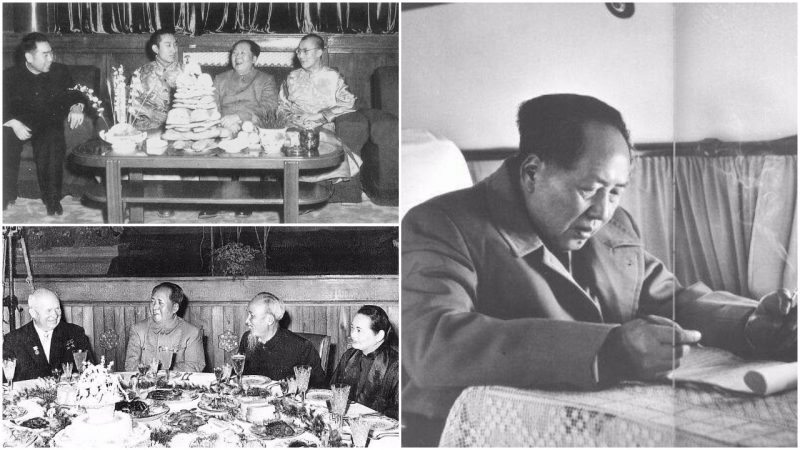The Hundred Flowers Movement was a period from 1956 to 1957, in which the Chinese Communist Party encouraged citizens to openly express their thoughts on the communist system.
The chairman of the Communist Party, Mao Zedong, initiated the movement with a speech entitled On the Correct Handling of the Contradictions Among the People. “Our society cannot back down, it could only progress… criticism of the bureaucracy is pushing the government towards the better”- had been the much-inviting words of Zedong. The criticism from the public has been welcomed as long as it was “constructive” and not “harmful”. Bearing in mind the abrupt change of course that this movement took, it is peculiar to observe where were the limits of the “constructive”.
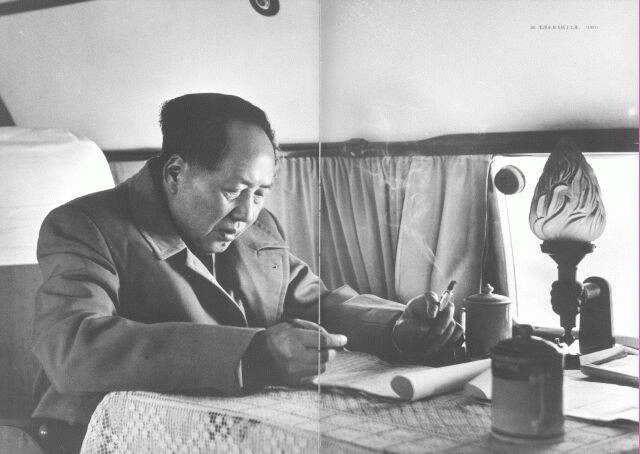
The initial idea of the movement
The movement, also known as the Hundred Flowers Campaign, was aimed to open the floor for intellectuals to tackle the issues of the country. It was a quest to seek new forms of art and new types of cultural institutions. For Mao, that was also a chance to promote socialism as a better ideology than capitalism. The name of the movement was extracted from a Chinese poem that contained the verses “Let a hundred flowers bloom; let a hundred schools of thought contend“- an open reference to the Warring States, an era in Ancient China when schools of thought competed for ideological supremacy.
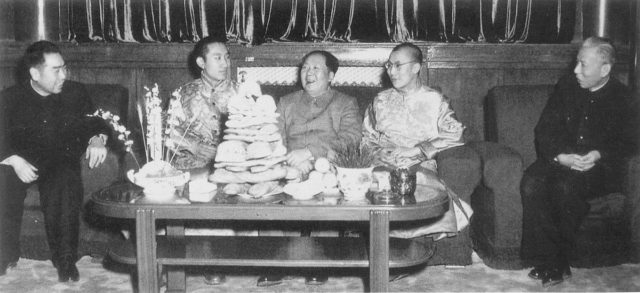
During the first year, nothing significant happened. The Central Government did not receive much criticism and the discussions were shallow. In the spring of 1957, Zhou Enlai, the first Premier of the People’s Republic of China, and in charge of the campaign, pressured the public and asked for a “healthy criticism”. His efforts resulted in instant responses from people, who started to address issues without any censure or fear.
In between May and June, millions of letters poured in the offices of the establishment. Citizens were even rallying in the streets and the free thought really seemed to blossom. The University of Peking would also protest over the control of intellectuals, the severity of previous mass propagandas and the imitative following of Soviet models.
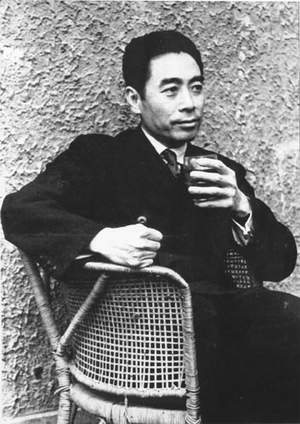
There were many reasons behind these reactions. First and foremost was the poor livelihood in China, but also the economic corruption of the country and the fact that the Communist Party enjoyed much more privilege than the rest. In terms of culture, foreign literature was banned and regression was noticeable in each segment of society.
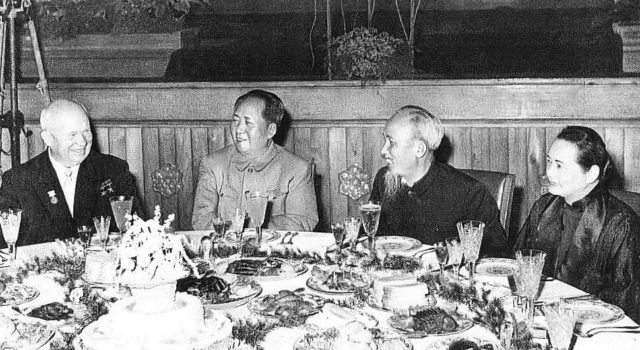
The Premier Zhou Enlai had initially tried to comply with the voice of the people, but Mao apparently refused to listen. In his observance, the critics had violated the level of “healthy criticism” and had become “harmful and uncontrollable”. This awoke ghosts of the past within the Chinese government, where those who criticize harmfully are regarded as a threat to the legitimacy of the leadership.
By the summer of 1957, the whole initial idea behind the Movement would collapse and Mao will trigger the Anti-Rightist movement.
The Anti-Rightist Movement was disastrous
Some radical ideas that emerged from the Hundred Flowers campaign did disturb Mao. Slogans like “give up power” or “there is a total lack of freedom” were unacceptable reactions. Such thoughts and ideas led to a complete halt of the campaign, especially as Mao had observed the Nikita Khrushchev’s denouncement of Joseph Stalin, and the Hungarian Revolution of 1956, events which made him feel threatened.
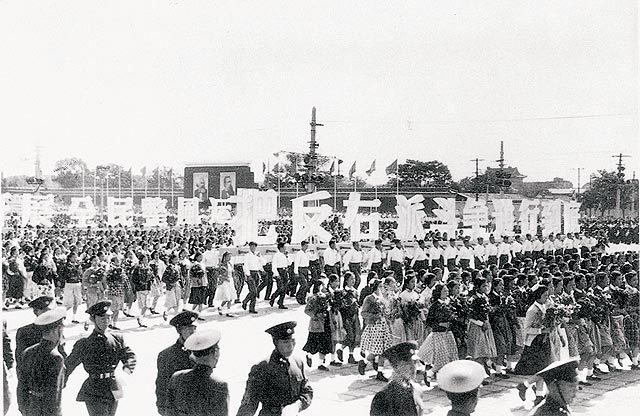
Nothing good came out afterward. It only triggered the Anti-Rightist Movement which labeled and targeted an estimated number of 550,000 people as “rightists”, mostly political opponents, intellectuals, students or common people who favored capitalism over collectivization.
The Hundred Flowers movement of the Chinese government was the first of its kind in the history of the People’s Republic of China, whereas criticism from the general public was invited. Anyhow, its true nature was continually discussed and questioned by historians.
